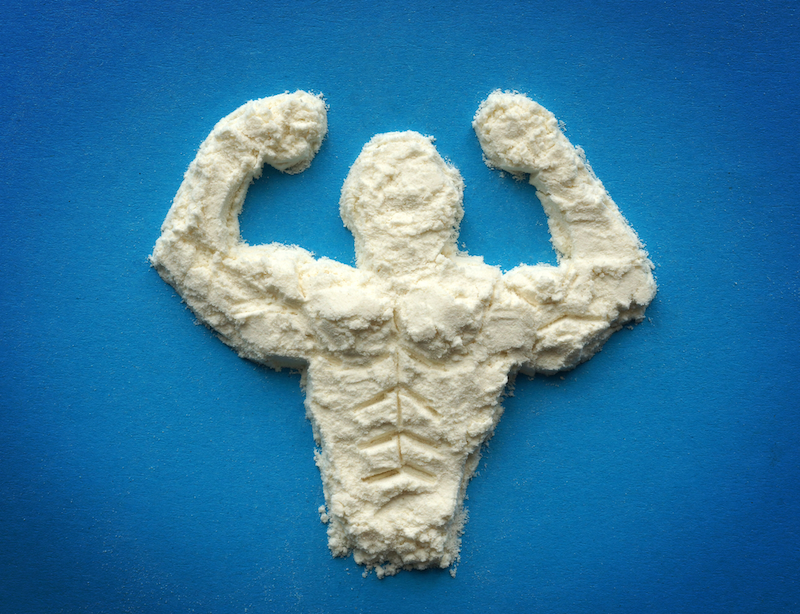
Signs Your Probiotics Are Working
Your body houses trillions of microscopic organisms that collectively can weigh up to three to five pounds. However, sometimes it is hard to maintain a

When considering a protein powder, it’s easy to get lost in the myriad options available. But knowing the exact qualities to look for can help you separate the best from the mediocre.
The ingredients are perhaps the most important consideration, and for that reason, you need to know what should not be included. Heavy metals, for example, can cause poisoning and include mercury, cadmium, and lead. Be on the lookout for these toxic additives; a test by the Clean Label Project in 2018 found them present in many top-selling powders.
You should also avoid these ingredients:
Your body needs carbohydrates for energy. They’re broken down as glucose, which in turn fuels your cells. Most of your carb intake should come from whole grains, fruits, and vegetables.
That’s why you want a powder with around 3 percent of your daily carbs value. This will increase insulin to stimulate muscle growth before or after a workout and leave plenty of room for you to eat healthy foods throughout the rest of your day.
It might sound a little redundant, but protein should be the most prominent ingredient. If you see a lot of sugars or bulking agents, the powder may cause more harm than good. Sugars can interfere with the stomach’s natural flora, and bulking agents can be hard to digest.
It’s also important to look at the protein source. Whey is recognized as a complete protein because it contains all nine of the essential amino acids. It also has a low lactose content and is ideal for muscle synthesis. Casein powder, on the other hand, is more slowly digested and therefore less beneficial for building muscle.
Bioavailability refers to the degree that a supplement or nutrient is usable within the body. In this marker, whey protein once again takes top honors. It is absorbed extremely quickly to help muscles recover post-workout.
This is important because plant-based proteins usually lack amino acids. People who choose these powders usually combine different proteins to get a complete amino acid profile, but with whey, you don’t need to take such additional steps.
Some powders contain probiotics, and while that’s not necessarily bad, it’s usually not effective either. A better option is to supplement with separate probiotics, which can help with protein absorption and deter lactose intolerance symptoms like abdominal cramps, gas, and bloating.
In the case of powder, less is more. What we mean is that protein products are better off being “clean,” with minimal additives; stevia and other natural sweeteners are routinely added to improve the taste. Also, beware that organic doesn’t necessarily equate to clean or a higher nutritional value.
Protein powders from Panacea Scientific meet all of these requirements and support muscle building and healing. They also encourage healthy immune responses, increase energy, and help tissues recover post-workout. Contact Panacea Scientific Institute today to purchase your Creamy Chocolate Whey Protein Powder or Creamy Vanilla Whey Protein Powder.

Your body houses trillions of microscopic organisms that collectively can weigh up to three to five pounds. However, sometimes it is hard to maintain a

High blood pressure is one of the most common diseases in the United States. Even among healthy adults, blood pressure tends to increase with age,

Vitamin D3 is essential for our health, impacting our cognitive functions and bones, and helping shield us from a variety of different ailments, including certain

Payment types accepted:
Visa/MC/Discover/ American Express
© Copyright Panacea Scientific 2020. All rights reserved. | Website by Infinite Web Designs